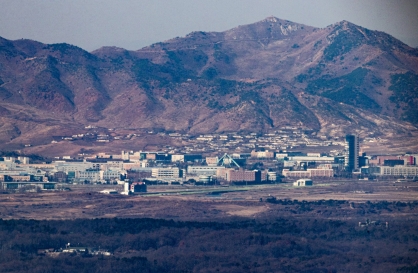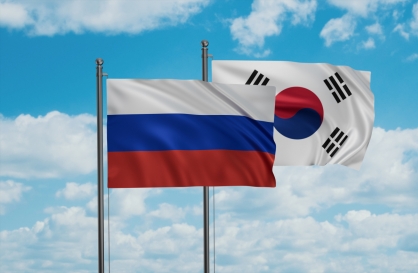A law professor said Tuesday that South Korea should consider restricting imports of US liquefied natural gas in response to US safeguard measures.
Choi Won-mok, a law professor at Ewha Womans University, also said South Korea could move to impose higher tariffs on US liquefied natural gas.
Currently, South Korea puts no tariff on US LNG under their bilateral free trade deal, except for a 2 percent tariff during the October-March period every year, according to the Korea Customs Service.
Choi made the case in a round table meeting with economic experts on how to deal with US safeguard measures.
The first shipment of US shale gas arrived in South Korea last year under a 2012 deal between Korea Gas Corp. and the Texas-based Cheniere Energy. The deal calls for South Korea's state-run gas supplier to bring in 2.8 million tons of liquefied gas annually until 2036.
KOGAS estimated its annual imports to be worth $1 billion.
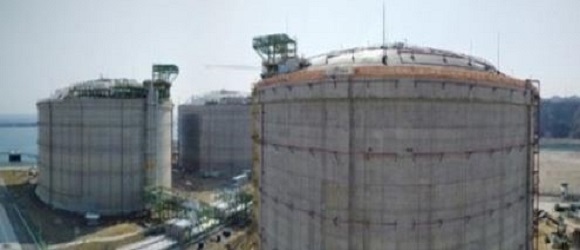 |
(Yonhap) |
Last week, US President Donald Trump signed a set of safeguard measures against foreign made, large residential washing machines and solar cells, including those from South Korea.
The measures include a 20 percent tariff on the first 1.2 million units of imported large residential washers and a 50 percent tariff on units exceeding the quota. The below-quota rate goes down to 18 percent and 16 percent in the second and third years, respectively. For units exceeding the quota, the rate goes down to 45 percent and 40 percent.
Choi said the US could take remedial measures against other home appliance and manufacturing sectors beyond washing machines, noting that Trump's recent decision is a protectionist measure meant to rally his supporters ahead of midterm elections in November.
The professor said South Korean companies should consider filing a complaint with the US Court of International Trade over U.S. safeguard measures, noting that filing a case against Washington at the World Trade Organization has limitations.
Last week, the South Korean Ministry of Trade, Industry and Energy said it will file a petition with the World Trade Organization against the US decision.
"If South Korea prevails in the trade case at the WTO, there is no other choice but to retaliate under the approval of the WTO if the US does not respect the verdict," Choi. "Trade retaliation may not be a fundamental solution, considering the side-effects it could have on South Korea-US security cooperation." (Yonhap)

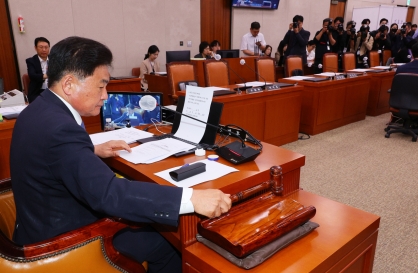
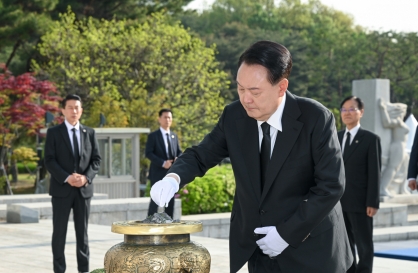

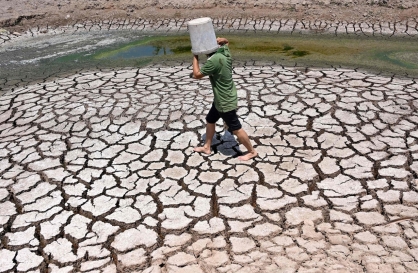

![[KH Explains] Hyundai's full hybrid edge to pay off amid slow transition to pure EVs](http://res.heraldm.com/phpwas/restmb_idxmake.php?idx=644&simg=/content/image/2024/04/18/20240418050645_0.jpg)
